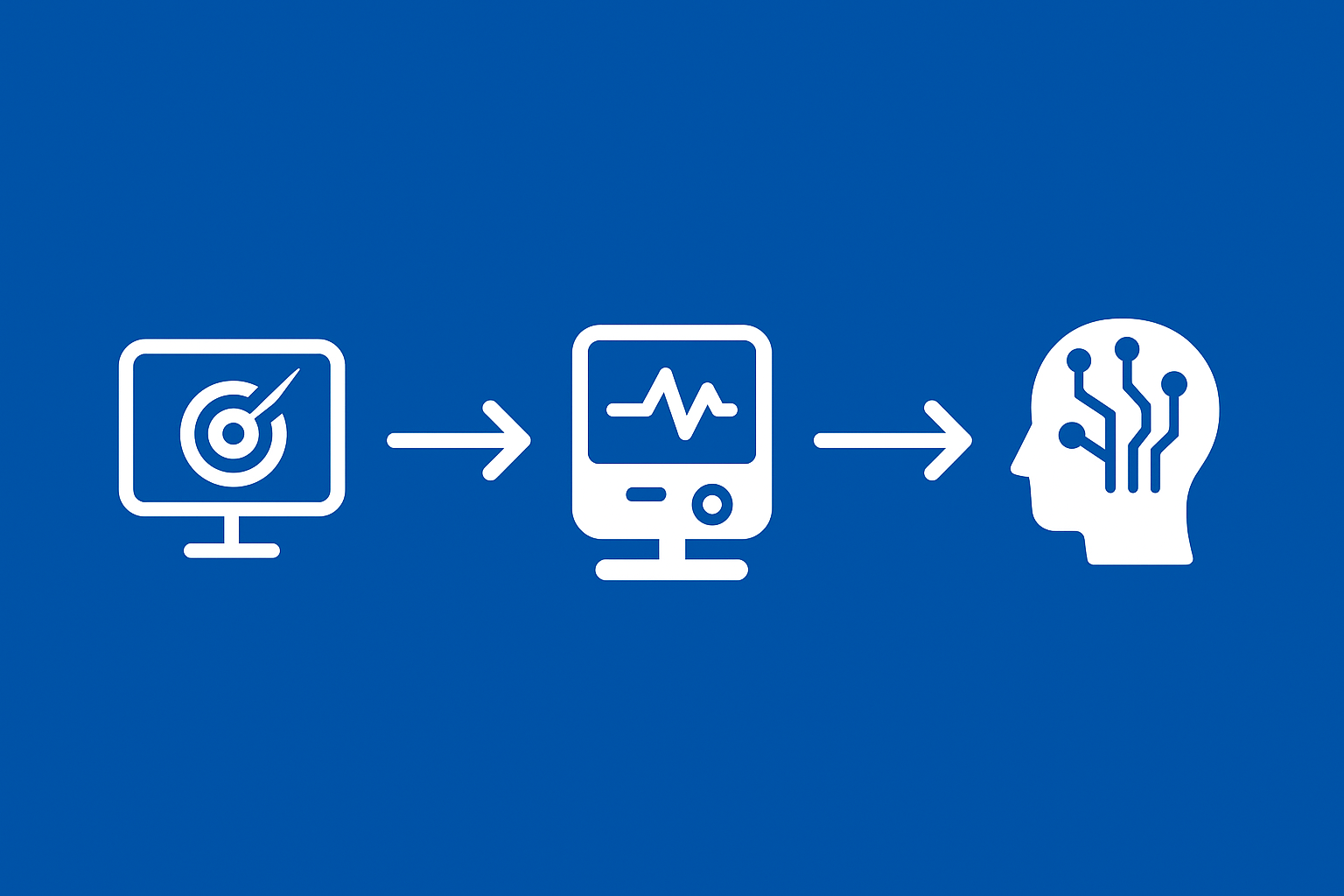Recent coverage in The Financial Express highlights a clear shift: global private-equity firms are increasing exposure to India’s private hospital sector. The result is a rally in hospital stocks and renewed capital flows into hospital chains and healthtech companies that support clinical operations and patient experience. This is not just a financial trend — it’s a structural moment for how care is delivered across India.
Below we unpack the drivers behind the rally, the real-world implications for hospitals and healthtech vendors, the investor perspective, and what hospital leaders should be doing now.
Why investor interest is growing
Several converging forces make India’s private hospital space attractive today:
- Large and growing market: Rising incomes, an ageing population in urban pockets, and higher chronic disease prevalence create persistent demand for quality inpatient and outpatient care.
- Fragmented supply with consolidation potential: The market still has many standalone hospitals — private equity sees opportunity to consolidate and build scale. Larger networks can capture better margins and negotiate with payers.
- Healthtech enables scale & margin: Digital tools (EHRs, appointment systems, telemedicine, hospital-management platforms, analytics) enable operational efficiency — reducing length of stay, lowering admin costs, and improving revenue cycles. That makes hospital businesses more investible.
- Regulatory clarity and policy nudges: Government investments in health infrastructure and clearer regulations around hospital governance and insurance uptake increase predictability for investors.
- Post-COVID demand for resilient care systems: Investors prefer businesses that can withstand shocks — hospitals with digital-first operations and supply-chain visibility are seen as safer bets.
What this means for hospitals and healthtech vendors
- Acceleration of digital transformation
With new capital, hospital chains will prioritize technology investments. Expect faster rollouts of electronic health records (EHRs), patient engagement platforms, digital scheduling, and analytics. Vendors that demonstrate interoperability, compliance, and measurable ROI will move quickly up procurement lists. - Enterprise procurement and standardization
Consolidated groups will demand enterprise-grade solutions: multi-site role-based access, centralized dashboards, and standardized workflows. Startups should prepare to offer scalable, multi-tenant solutions and enterprise SLAs. - Focus on outcomes and margins
Investors care about unit economics. Healthtech that reduces average length of stay, lowers readmission rates, optimizes OR utilization, or increases outpatient throughput will win contracts. - Partnerships and M&A opportunities
Expect strategic acquisitions: hospital chains acquiring diagnostic platforms, or PE firms bundling healthtech with hospital buys. Small vendors should identify integration partners and ensure their APIs and data models are robust.
Risks investors and providers should watch
- Regulatory shifts: Any change in healthcare pricing regulation, insurance mandates, or data privacy law can impact valuations.
- Execution risk in scaling care quality: Rapid expansion without safeguards can harm clinical outcomes — undermining brand and investor returns.
- Cybersecurity & data protection: As hospitals digitize, they become more attractive targets. Robust security and compliance are non-negotiable.
- Valuation corrections: Like any frothy sector, rapid inflows can inflate valuations that later reprice if growth misses expectations.
Practical advice for hospital leaders
- Prioritize interoperable systems. Choose EHRs and admin platforms that integrate easily with labs, imaging, insurance, and telemedicine.
- Measure clinical and financial KPIs. Track length of stay, bed occupancy, AR days, and patient satisfaction to demonstrate ROI to investors.
- Invest in security & compliance. Build a clear governance model for data and incident response.
- Plan for scale. Standardize care pathways and SOPs so new sites can be onboarded quickly and consistently.
What investors should look for
Investors focused on this sector should seek: strong management teams, demonstrable unit economics, tech-enabled efficiency gains, regionally diversified patient bases, and rigorous clinical governance. Healthtech partners that can show cost savings and adoption speed are particularly valuable.
The opportunity for healthtech startups
This wave of investment is an opening for startups that can:
- Prove time-to-value in pilot projects (30–90 days)
- Offer secure, standards-compliant integrations (HL7/FHIR where relevant)
- Provide flexible commercial models (SaaS + success fees tied to outcomes)
- Deliver strong customer success and onboarding teams for hospitals
If your product reduces admin time, improves utilisation, or enhances patient experience, now is a strong moment to scale commercial outreach to hospital groups and PE-backed chains.
Conclusion
The rising investor interest in India’s private hospitals is more than a market bubble — it’s a practical response to long-term demand and a recognition that technology can materially improve margins and patient outcomes. For hospitals, the mandate is clear: digitize with purpose, standardize clinical operations, and secure patient data. For healthtech companies, the path to growth is through measurable impact, enterprise readiness, and partnerships that speed adoption.
If you’re a provider ready to modernize or a tech company seeking hospital partnerships, this is the moment to act.
Further reading & resources
- The Financial Express — India’s private hospital stocks rally as investors increase exposure (source article)
- WHO / National health policy pages for regulatory updates
- RugasTech Solutions — SmartCare EHR#https://zymez.com/smartcare-ehr/
Want to modernize hospital operations with secure, scalable healthtech?
Contact RugasTech at contact@rugastech.com to schedule a demo of SmartCare, SmartQ, SmartSlots, ViewMo, and iDIM — solutions designed to power growth, compliance, and better patient care.



